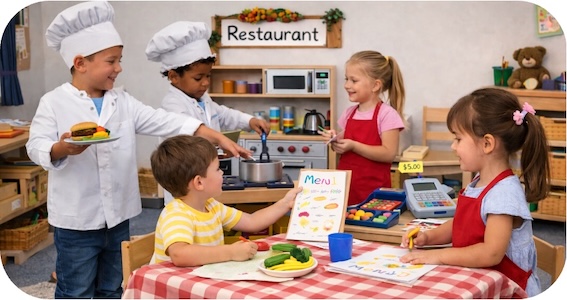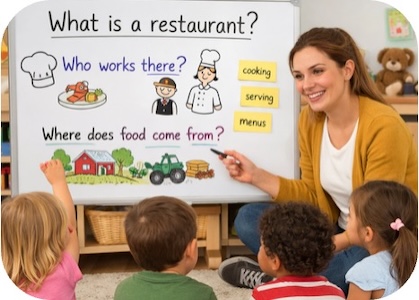Are you curious to explore the secrets?
You’re warmly invited to a Kindiedays Free Workshop on the core strengths of Finnish education—what makes it work in practice and how you can apply the principles in your own context.
Details
- Topic: The Strength of Finnish Education
- Date: Thursday, January 29th
- Time:
- Finnish time 11.30-2 PM EET
- Indian time 3-5.30 PM IST
- Finnish time 11.30-2 PM EET

What you’ll learn
- The main goal of the Finnish Education System
- The principles of Finnish Early Childhood Education and Care
- The learning areas of the Finnish Curriculum
- Practical takeaways you can implement in your preschool
Teachers, school leaders, ECE coordinators, and anyone interested in evidence-informed, learner-centred practice should join.
📃 All participants will receive a certificate.
If you have any questions you’d like addressed, please reply to this email, and I’ll do my best to include them.
👉 Sign up HERE, it is completely free.
Looking forward to meeting you at the workshop❤️

Stella Giota, Education Specialist
stella@kindiedays.com
.png)




